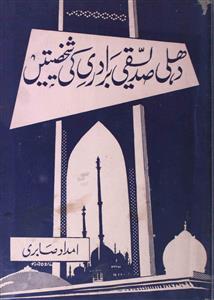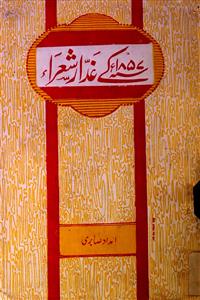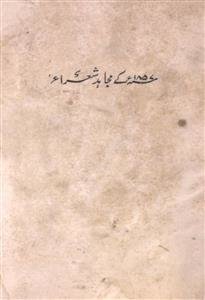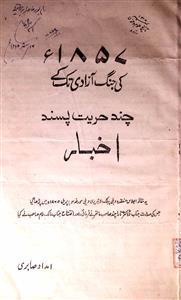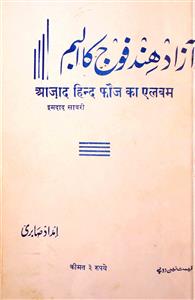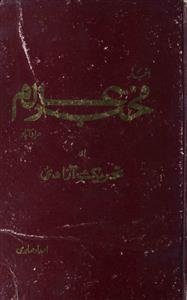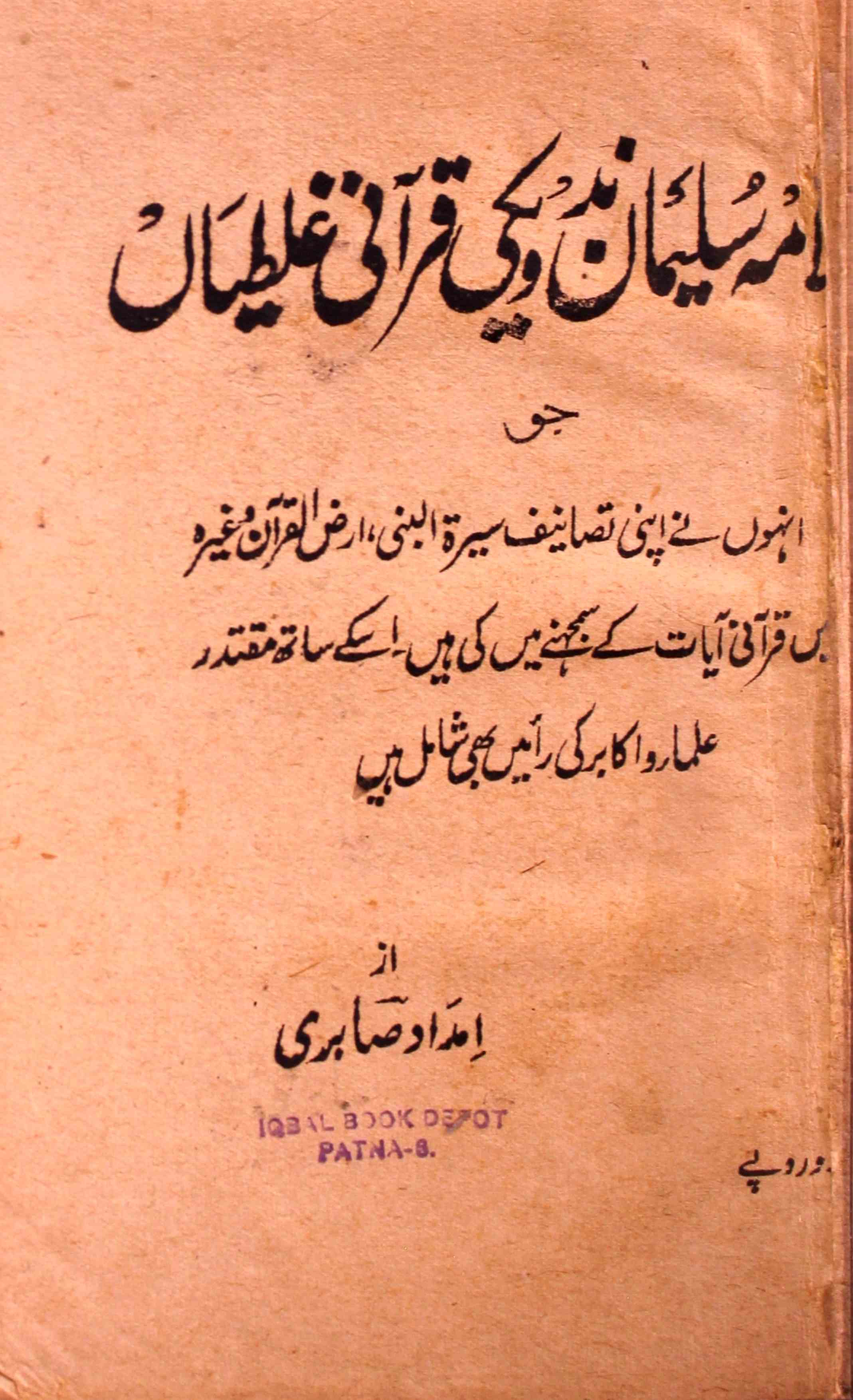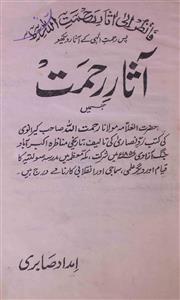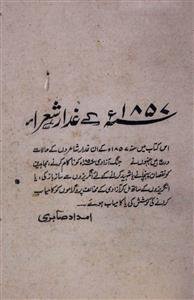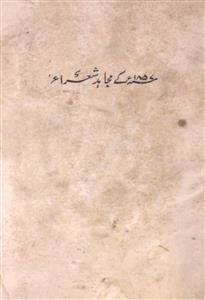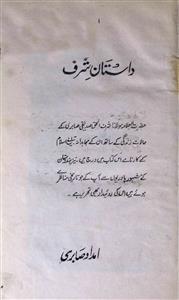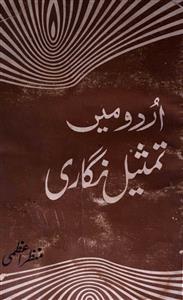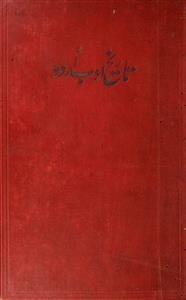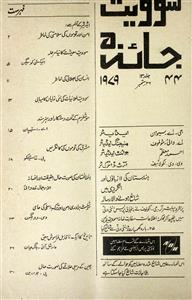 For any query/comment related to this ebook, please contact us at haidar.ali@rekhta.org
For any query/comment related to this ebook, please contact us at haidar.ali@rekhta.org
About The Book
زیرنظر کتاب ایک تاریخی حیثیت کی حامل ہے، جس میں دہلی کے صدیقی برادری کی نہایت اہم شخصیات کا نسب نامہ اور ان کے کارنامے بیان کئے گئے ہیں۔ مصنف کے والد مولوی شرف الحق صاحب نے بڑی کوششوں کے ساتھ دہلی صدیقی برادری کے نسب کے متعلق معلومات حاصل کی تھیں ، لوگ ان کے پاس بیرونی دہلی سے بھی برادری کے شجرہ حاصل کرنے کے لئے آیا کرتے تھے، حتی کہ برادری کے پڑھے لکھے لوگوں کو بھی اگر دہلی صدیقی برادری کے حوالے سے کچھ بھی معلومات حاصل کرنی ہوتی تھی تو وہ مولوی شرف الحق صاحب ہی سے رجوع کرتے تھے، اسی وجہ سے ان تاریخی دستاویزات کو ان کے بیٹے امداد صابری نے والد صاحب کا حاصل کردہ شجرہ نسب ،اور پھر خود مصنف نے برادری کی تاریخ اور برادری کے حالات کو کتابی شکل میں پیش کر دیا ہے ،اس کتاب میں 33 خاندانوں کے حالات اور تاریخی واقعات بیان کئے گئے ہیں۔
About The Author
The real name of Imdad Sabri, was Imdad-ul-Rashid. He was born amid the chaotic times of World War-I, on 16th October 1914. At the young age of 10 years, he was imparted education in English language. He was also imparted the knowledge of Persian and Arabic, in Saharanpur. He completed his college education from the Punjab University in the year 1930. Later, he learned Hindi in the jail premises in 1937 and developed an interest in literature. As the political situation in the nation turned towards communal disharmony, a movement grew in support of reforms for the Muslim community. Imdad Sabri gave speeches at the Jama Masjid, Delhi, and was arrested on the charge of disturbing the law and order situation there. A court case began against Maulana Imadad Sabri, whose proceedings were published in the newspaper 'Tez'. As General Secretary of Delhi Congress Committee (1937-1939), he was arrested for organizing picketing along with 70 other co-workers on 22nd July 1938. Two more cases were filed against him, one in 1939 and another in 1940. He was appointed as the Chairman, Delhi Regional Forward Block Conference (1940) and as President, C. P. Brar Forward Block Amravati Conference (1941). He did commendable work in the Delhi Municipal Committee and mobilized the people to take interest in matters demanding improvement in their areas. He also raised his voice in support of indigenous supply of electricity in the city. Amongst other movements organized by him were the movement against plying of trams, doubling of house tax, abolition of cycle tax, opening of grain stores amid soring prices at a capital of one lakh rupees, publication of newspaper titled 'Imtiyad' and managed the weekly 'Chingari'. He was kept under house arrest from 15 August 1942 to 30 November 1943. Despite being on bail, he was arrested and made a royal prisoner in 1945 under the charge of helping the Japanese associates of Netaji Subash Chnadra Bose. He kept Netaji's associates at his home and made arrangements for them to reach the railway station. Since this charge could not be proved, he was tried under other charges and was punished for a term of 13 months. This term was cancelled by the Sessions Court. Thus, he spent time in the Delhi jail, Multan jail and was house-arrested in Ferozpur. While being imprisoned in the Delhi jail, he wrote the 'History of Azad Hind Fauj' which was also banned by the raj. With respect to the Azad Hind Fauj, he wrote three more books: 'Mukadma Azad Hind Fauj', 'Subash Babu ke Japan aur Germany ke Bhashan', and 'Azad Hind Fauj ka Album'.
 For any query/comment related to this ebook, please contact us at haidar.ali@rekhta.org
For any query/comment related to this ebook, please contact us at haidar.ali@rekhta.org
